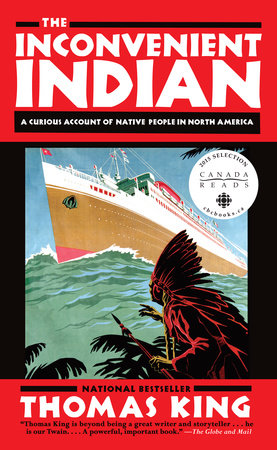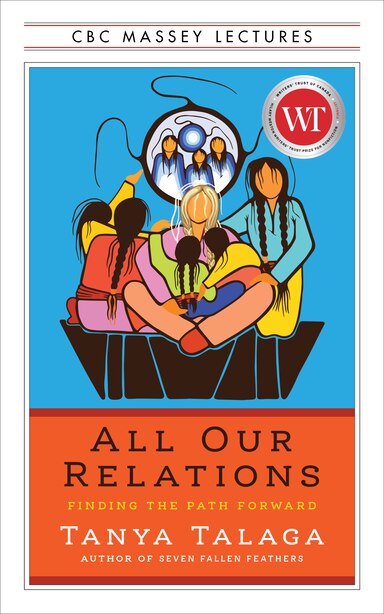
The media tends to focus (fixate?) on stories which might capture public attention, then move on to whatever trauma or crisis, real or imagined, which surfaces next. Some are better than others at getting to the heart of the story and reporting in depth. Others head straight for the sensational, plunder and run.
Have you noticed how COVID-19 has displaced virtually every other issue, including the all-consuming coverage of the Indigenous blockades and protests over a pipeline through Wet'sewet'en territory in Northern British Columbia? Just as we were getting comfortable with spelling and saying Wet'sewet.en a provisional agreement was established with hereditary chiefs and blockades were either forcibly or voluntarily dismantled.
I have to say that this situation has not gone away for me. As I struggled to get a grasp on the scope of what was happening for Indigenous peoples, far beyond the specifics of what was happening in BC, I listened to a lot of misinformation, misunderstanding, and racism -- passive and active.
Personally, I felt that the blockades became counter-productive, and weren't necessarily supported by everyone or even the majority in various Indigenous communities. But I'm an aging white guy who has led a life of privilege in a country where systemic racism against the first peoples of the land has been the status quo.
I searched out our copy of Thomas King's award-winning book The Inconvenient Indian. In the forward he notes that he first called it Pesky Redskins after a drum group he'd been a part of -- King has a wry sense of humour. That name was eventually dropped but whether it was The Inconvenient Indian or Pesky Redskins, the title reminds us that our colonial, settler mentality has stood in the way of equality and reciprocity with First Nations, Inuit, and Metis peoples for centuries.

Another excellent Indigenous writer, Tanya Talaga, spoke recently about being at the hairdresser and overhearing another woman saying that the way to deal with Indians at the blockades was to lock them up and throw away the key. Lovely.
As I've renewed reading about our history with Indigenous peoples over the past few weeks I've become even more deeply aware that Indian agents, police, and clergy were all enlisted to dismantle cultures. It's just plain shameful that Christians aided and abetted a form of genocide -- what else do we call it?-- as they went into communities and informed families that their children would be removed. And time and again laws were changed to give the advantage to white settlers, even as Indigenous people were held in contempt for not making something of themselves.
I hope that "inconvenient Indians" will continue to disrupt the status quo because it is fundamentally destructive. If they push inconvenient truths into my face then I should have the courage to look and listen, even if it makes me uncomfortable.
Have you read The Inconvenient Indian? Have you made an effort to become better informed in these past few weeks? Do you think that Canada has made any serious steps toward Truth and Reconciliation?

No comments:
Post a Comment